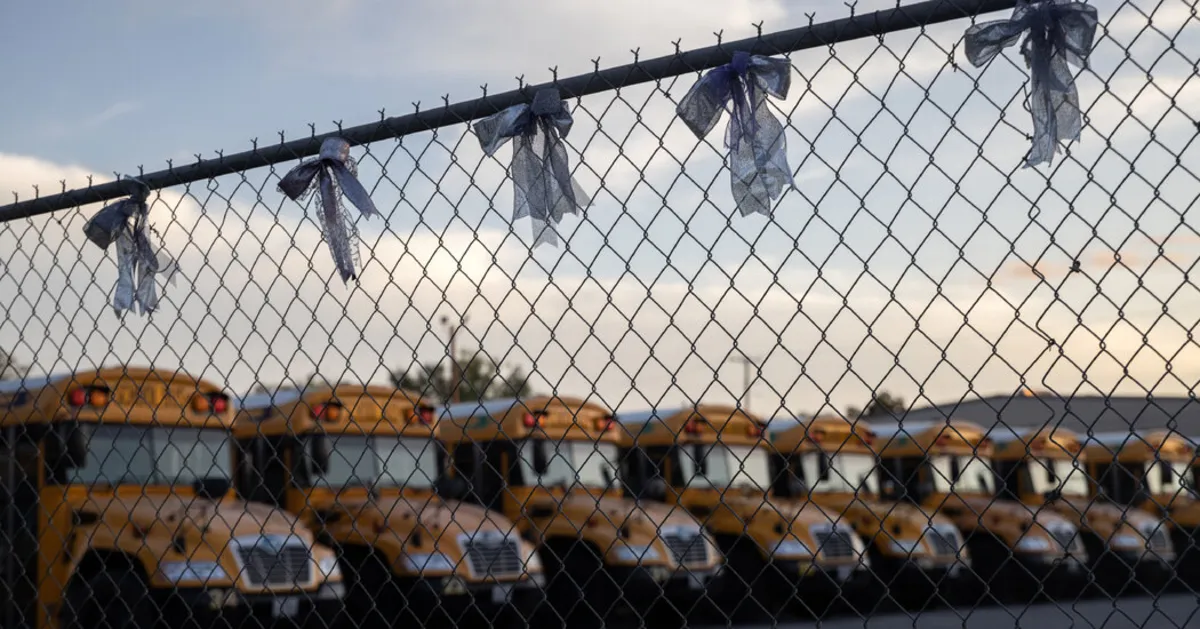
The Trump administration has recently made a controversial decision to halt the allocation of $1 billion originally designated for mental health services for children. This funding was part of a bipartisan initiative aimed at preventing gun violence in schools, following the tragic shooting incident in Uvalde, Texas, where a former student opened fire, resulting in the loss of 19 young lives and the deaths of two teachers, alongside injuries to 17 others.
The funding in question was authorized in 2022 through the Bipartisan Safer Communities Act. This landmark legislation was designed to break a long-standing deadlock between congressional Republicans and Democrats regarding the urgent issue of gun violence. The act primarily focused on enhancing mental health support for students, recognizing the critical role that mental well-being plays in reducing violence in educational settings.
Despite the promising start of several mental health programs, the U.S. Education Department announced this week that it would be canceling the previously allocated funding. Grant recipients were notified that they would need to reapply for the funds due to alleged potential violations of federal civil rights law. However, the Education Department did not specify which civil rights law was in question nor provided any substantial evidence to support claims of violations, according to a review by The New York Times.
In a statement, an Education Department spokeswoman confirmed that the cancellation of the grants was influenced by a desire to increase the diversity of mental health professionals, including psychologists and counselors. “Under the deeply flawed priorities of the Biden administration, grant recipients used the funding to implement race-based actions like recruiting quotas in ways that have nothing to do with mental health and could hurt the very students the grants are supposed to help,” said Madi Biedermann, the department’s deputy assistant secretary for communications.
Biedermann emphasized the administration's commitment to ensuring that taxpayer dollars are utilized for evidence-based practices that genuinely focus on enhancing students’ mental health. This statement reflects a broader concern regarding how mental health funding is allocated and used in schools across the nation.
The decision to halt the $1 billion funding for mental health services raises significant concerns about the future of such programs in schools, particularly in the wake of increased awareness surrounding mental health and gun violence. As discussions continue, it remains crucial for lawmakers to find common ground that prioritizes the well-being of students while addressing the complexities of mental health care and diversity in educational settings.